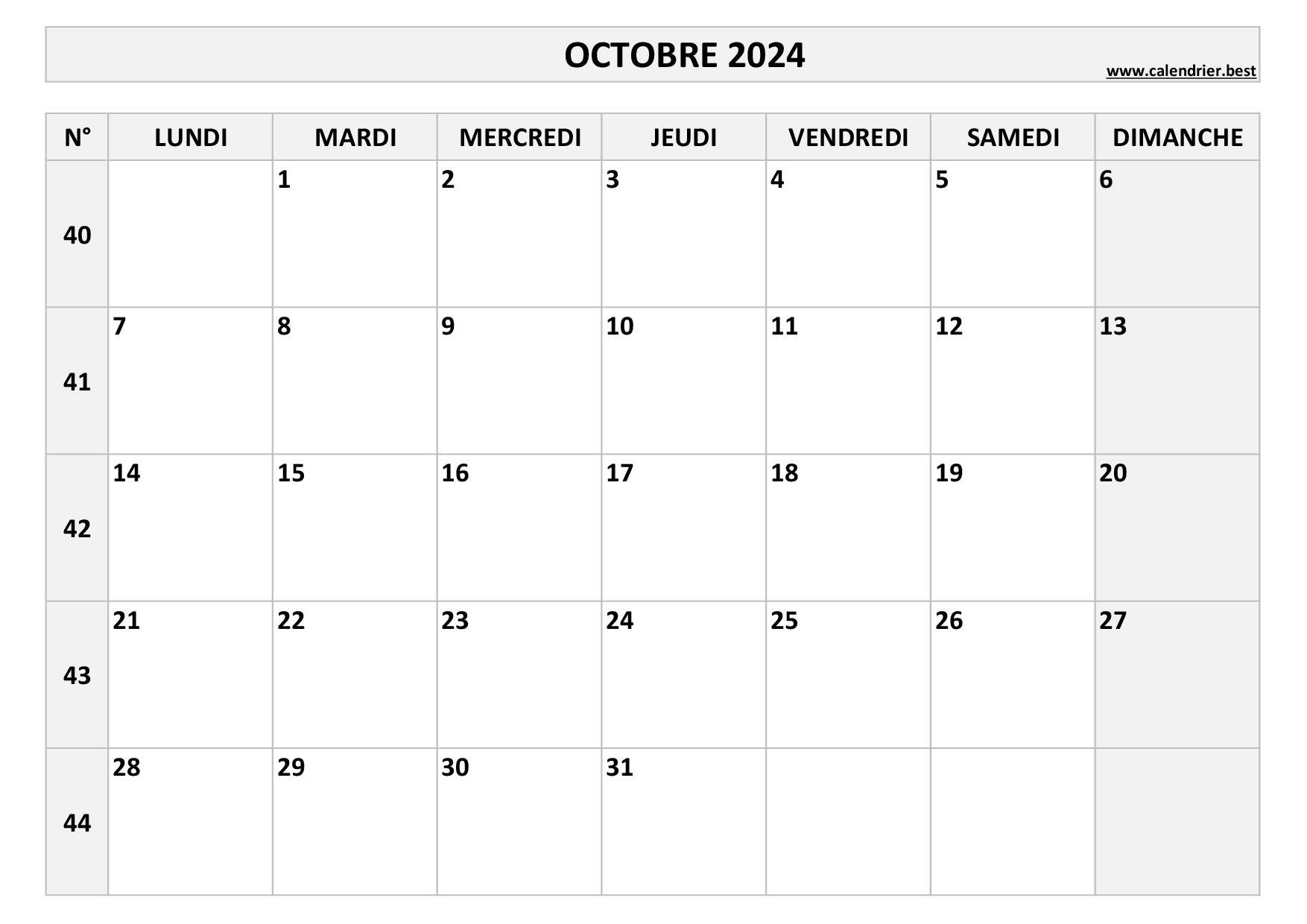From October 21 to 27, 2024, the financial atmosphere is buzzing with discussions where innovation meets banking tradition. The dynamics of digital transformation are in the spotlight, while clever systems like the Polish BLIK attract the attention of Europeans. Meanwhile, McKinsey analyses shed light on the recent successes of banks, and the world of cryptocurrencies seems to hum with potential and promises. A sense of anticipation hangs in the air as emerging technologies, such as AI, transform the financial world. Everyone is scanning the horizon to understand how these changes will disrupt banking services and beyond.
At the heart of the week of October 21 to 27, 2024, several key topics were discussed in the world of fintech and the financial sector.
The discussions centered on digital transformation, notably the perennial question of this transformation and how it redefines our approach to the financial sector.
On the European front, a local payment system in Poland, BLIK, is being debated as a potential future pillar of the EU payment service, highlighting the search for innovation in this area.
Rich in new ideas, the week revealed the rise of Artificial Intelligence, which still remains hesitant in mathematical reasoning according to a recent study by Apple engineers. The end of the week also saw criticism of certain traditional banking systems, with a slightly humorous note on the misadventures of some renowned banks.
Finally, the role of fintechs in improving financial well-being was revisited, as new strategic partnerships were announced to support this cause and tackle the challenges posed by new financial technologies.
Table of Contents
Togglethe hot news of the financial week
During the week of October 21 to 27, 2024, financial markets were the scene of a series of significant events. In particular, the presentation of the 2025 budget bill was scrutinized by the National Assembly. In light of global economic uncertainty, this project aims to promote investment in future technologies while stabilizing the national budget. Alongside these intense discussions, attractive offers emerged, including a promotion at Monabanq offering up to 240 euros for opening a new account. These initiatives reflect a desire to stimulate economic activity and strengthen consumer confidence.
fintech innovations and their impact
The fintech sector continues its revolution at the heart of financial services. Companies like Facet, which just secured 35 million dollars in a funding round, demonstrate that financial technology is more than ever on the path to a promising future. These innovations not only provide modern financial solutions but also enhance the accessibility of services around the world. Additionally, there is an increasing number of strategic collaborations. For example, the partnership between Lucinity and Knights Analytics focuses on improving data quality through AI, aiming to strengthen compliance in the face of financial crimes. This dynamism showcases the transformative potential of fintech startups that continually push the boundaries of what is possible.
trends and growth perspectives
The week also revealed major trends for the economic future. The “France 2030” plan, endowed with a colossal budget of 30 billion euros, aims to highlight the pivotal role of French industry in future competitiveness. At the European level, Poland’s local BLIK system could well be propelled to the center of innovation for payment services across the EU. Finally, reports from McKinsey clarify that the last two years have been immensely fruitful for banks with a return to healthy capital levels and increased profitability. Such highlights positively impact European economic perspectives, opening the way to new growth opportunities. Actions taken by public authorities, combined with technological innovation, could well redefine the financial landscape of the coming years.
Le directeur financier étend son périmètre à l’extra-financier. Gardien historique de la valeur financière, le directeur financier devient un acteur clé d’une valeur d’entreprise élargie au champ extra-financier. . #CashRiskhttps://t.co/CvRU0nGihg
— L'AGEFI (@AgefiFrance) August 27, 2024





